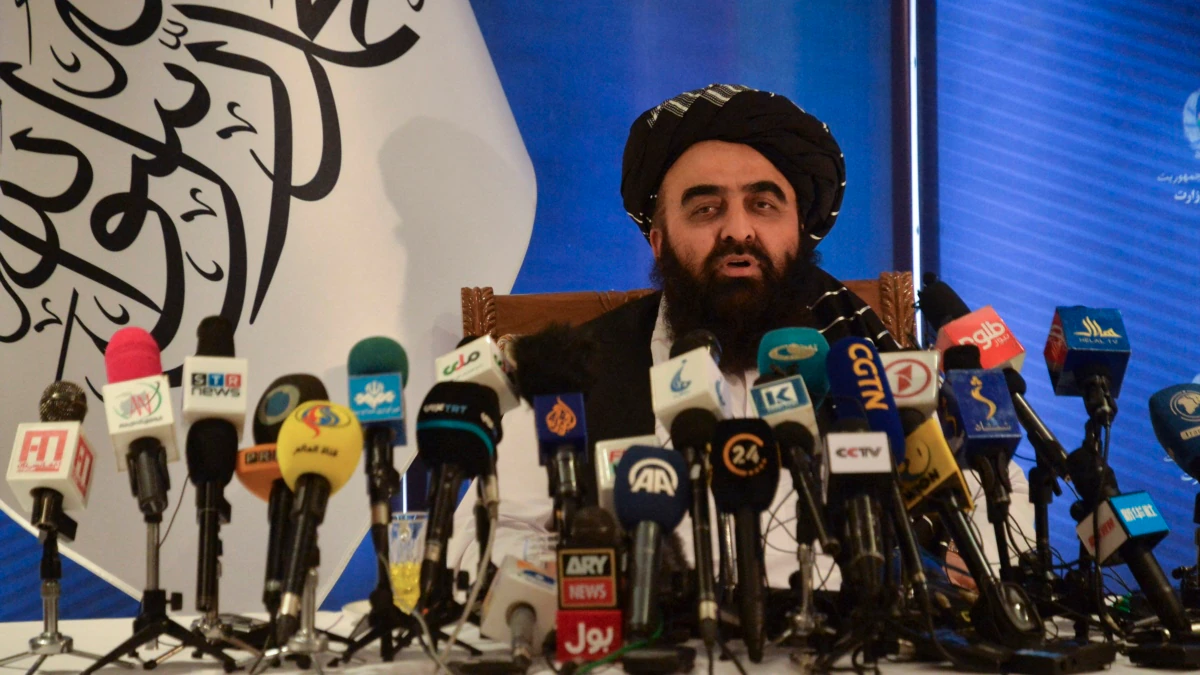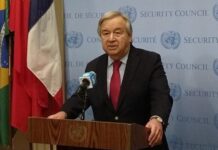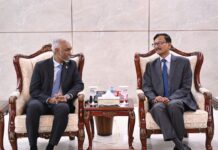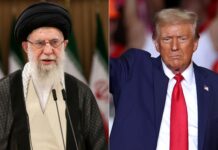KABUL: Blaming the Afghan media organizations for spreading propaganda, the director of Taliban’s ministry of information and culture said that the Taliban courts would, in near future prosecute the media outlets operating from abroad, Khaama Press reported.
Hemad has charged media outlets with disseminating anti-regime propaganda.
“A decision has been made regarding these media outlets. It is expected that the court’s decision will be announced in the near future,” Hemad said, adding that “no law allows the executive of media outlets to operate from outside and promote propaganda against the regime,” according to Khaama Press.
This comes at a time when the restrictions on media organizations and news channels operating in Afghanistan face strict restrictions under Taliban rule.
Recently in the early week of December, the Taliban pushed the media outlets in the country to the margin once again, saying that the authorities are planning to formulate a proper direction for the media outlets.
Time and again, several humanitarian organizations have called out the violations against journalists in Afghanistan.
In the wake of the excessive rise in crime against journalists in Afghanistan since the Taliban seized power, the United Nations Assistance Mission in Afghanistan (UNAMA) stated the human rights violation of at least 200 reporters in its report, earlier in November.
Taking to Twitter, UNAMA said, “Human rights abuses of more than 200 reporters in Afghanistan recorded by UNAMA since August 2021. Record high numbers include arbitrary arrest, ill-treatment, threats and intimidation.”
“Media in #Afghanistan is in peril. Let us all help #ProtectJournalists #EndImpunity,” UNAMA tweeted. Since the Taliban took over Afghanistan in mid-August last year, it rolled back women’s rights advances and media freedom revoking the efforts on gender equality and freedom of speech in the country.
According to a report by the South Asian Media Solidarity Network (SAMSN) over 45 per cent of journalists have quit since the terrorist outfit assumed power. The ever-increasing restrictions against media in Afghanistan have also drawn widespread criticism globally with the United Nations (UN) and the Committee to Protect Journalists (CPJ) decrying the arrests, demanding the Taliban stop harassing local journalists and stifling freedom of speech through continued detentions and threats.
The Taliban had promised women’s rights, media freedom, and amnesty for government officials in the group’s first news conference after the takeover in August. However, activists, former government employees, and journalists continue to face retribution. (ANI)







